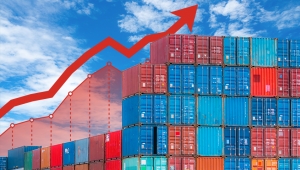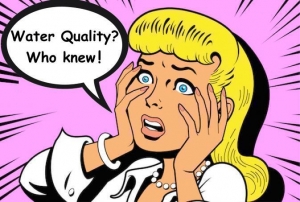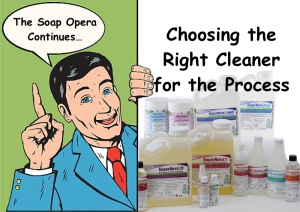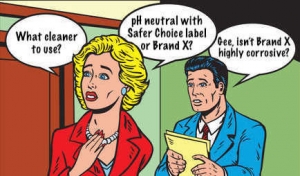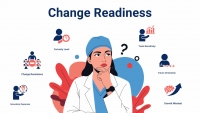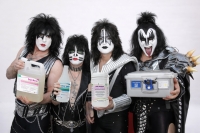How to Cut Costs in a Supply Chain Crisis
Most of us realize that while we may not be in a supply chain crisis or shock yet, nevertheless we are facing a supply chain dilemma. A supply chain shock is defined as an unexpected event that disrupts the flow of goods and services within a supply chain, like a flood which we’ve experienced, an unexpected move done that too, pandemic
Water, water everywhere, but is it any good from the sink?
Do you know what’s hiding in your tap water? Is it hard, soft, iron rich, or smelly like rotten eggs? How does water quality affect cleaning chemistries, and what can be done about it? And how can high purity water contribute to more effective cleaning? Certainly, water is important for the final rinse, but what about in the formulation of the cleaning agent itself and in the cleaning stages of instrument processing?...
The Soap Opera Continues...
Last week’s episode ended with a cliffhanger, we promised more on the critical parameters for detergent selection, sustainability, and the science of cleaning, how instrument chemistries are formulated for safety and effectiveness, and which cycles are best for automated cleaning.
The Soap Opera
Daytime TV serials are often called “soap operas” because laundry and dish detergent manufacturers have long been sponsors. The “opera” part is full of drama, passion, a plot where pressure is applied to force a decision, one which the victim was sorry to have agreed to in the first place. Just as “soap operas” use persuasive words, exaggerated statements, and even threats, to cancel out sound judgment or scientific principles...
U.S. Sets Global Record with Over 1 Million Reported Virus Cases in a Day
According to USA Today, “A substantial increase in coronavirus infections was expected when this week's numbers came out, but nothing like this.”
The intensely rapid spread of the omicron variant and a backlog of cases from the New Year's weekend has resulted in U.S. health authorities tallying more than three times as many new cases as in any previous wave of the coronavirus -- over 1 million reported cases on Monday alone. About 1 in every 100 Americans will have been reported as a positive case in just the last week, according to data from Johns Hopkins University.


